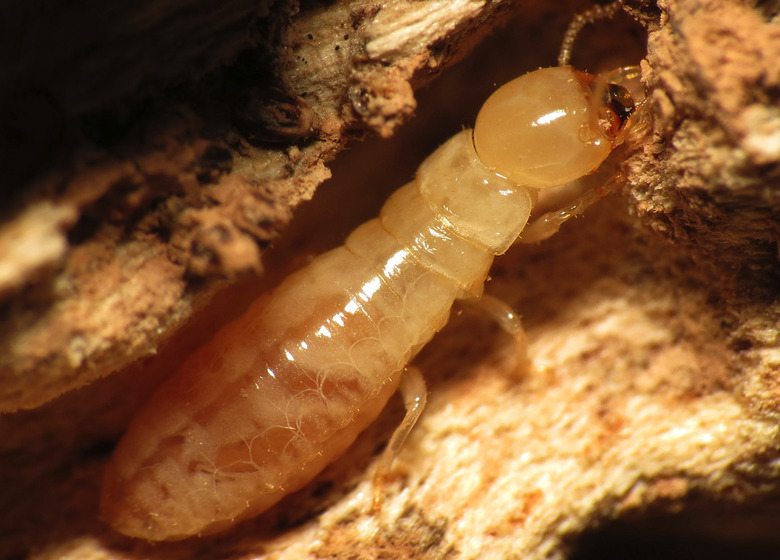Certain Female Termites Decide They Don't Need No Stinkin' Males To Reproduce
There are obviously lots and lots of species in the animal kingdom that require both a male and female for reproduction, but not all of them. Asexual reproduction is a well-documented natural phenomenon by which creatures can produce offspring without needing a partner. Now, a new species has been added to the list of creatures capable of the feat.
For a long time, scientists have known that termite colonies reproduce when a male gives the queen sperm, which results in fertilized eggs that hatch and become baby termites. Surprisingly, researchers in Japan have now documented that some colonies of termites are able to continue building their numbers without a single male being present.
The colonies which are described in a new study published in BMC Biology were getting along just fine without a single male termite in the group. The queens in these colonies had no sperm available to them but somehow managed to produced viable eggs which hatched despite being unfertilized.
This is an incredibly interesting discovery from a biology standpoint, but what the researchers discovered next was even more surprising. When the team subsequently surveyed mixed-sex colonies — that is, groups of termites where males were present — some of the queens were producing unfertilized eggs anyway. The team suggests this might have been an evolutionary advantage.
"Interestingly, we observed the occasional development of unfertilized eggs in the mixed-sex populations too. This suggests the ability to produce offspring from unfertilized eggs may have originated in mixed-sex ancestors and provided a potential pathway to the evolution of all-female colonies," Toshihisa Yashiro, co-author of the work, explains. "We also found that all-female colonies had a soldier caste with a more uniform head size than their mixed-sex counterparts and fewer soldiers overall. This suggests that uniform female soldiers are more efficient at defense which may have contributed to the persistence and spread of the all-female colonies."
You know what they say:

